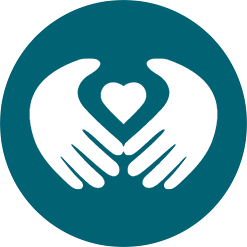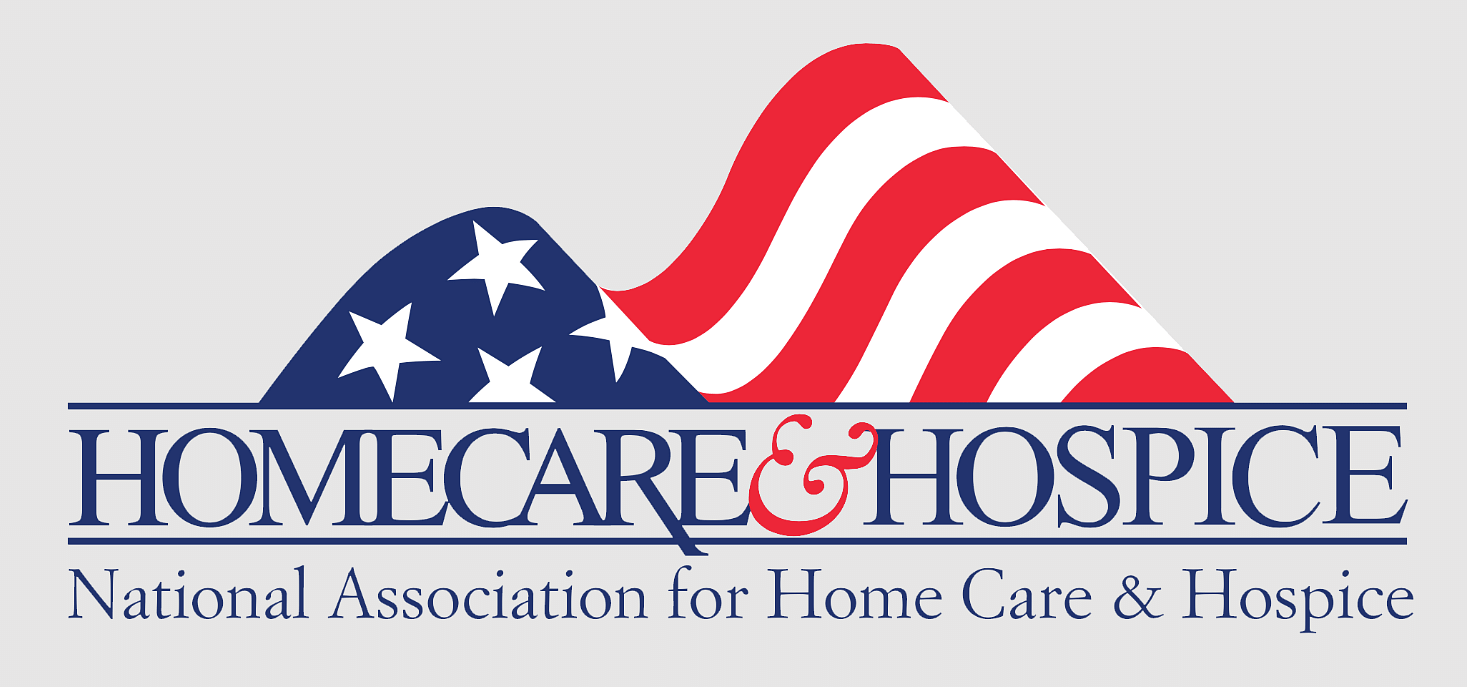CLICK HERE FOR 2025 GRIEF SUPPORT GATHERINGS
Fill out the form to join and get the Grief Support zoom link.
24 hour on-call services (translation available)
Hospice Chaplains
Hospice care goes beyond addressing physical needs—it encompasses emotional, spiritual, and psychological support for patients and their families. Hospice chaplains play a critical role in meeting these needs, ensuring patients and their loved ones find comfort, peace, and connection during one of life’s most challenging transitions. At Anvoi Hospice, our hospice chaplains are dedicated to providing compassionate, individualized care tailored to the unique beliefs and values of each person.
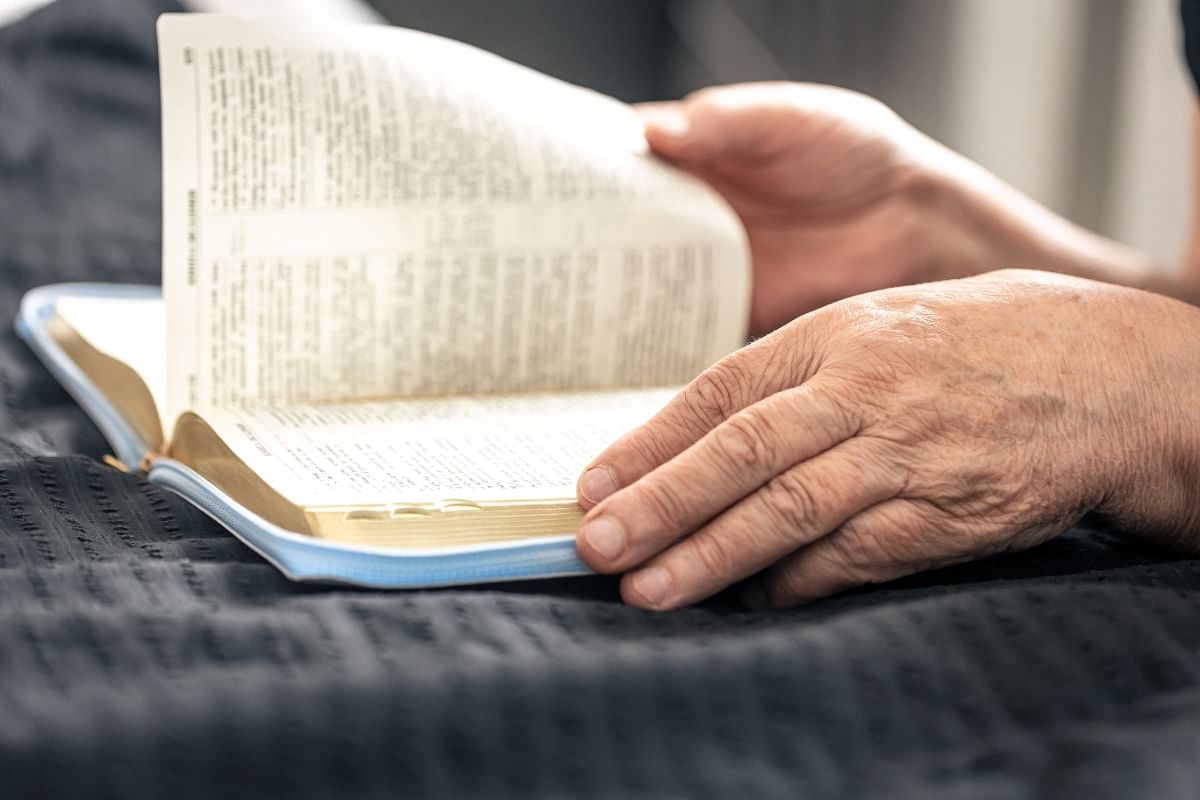
Hospice Chaplains
What Do Hospice Chaplains Do?
Hospice chaplains provide specialized support that focuses on the emotional and spiritual dimensions of end-of-life care. Their work is multifaceted and deeply personal, often including:
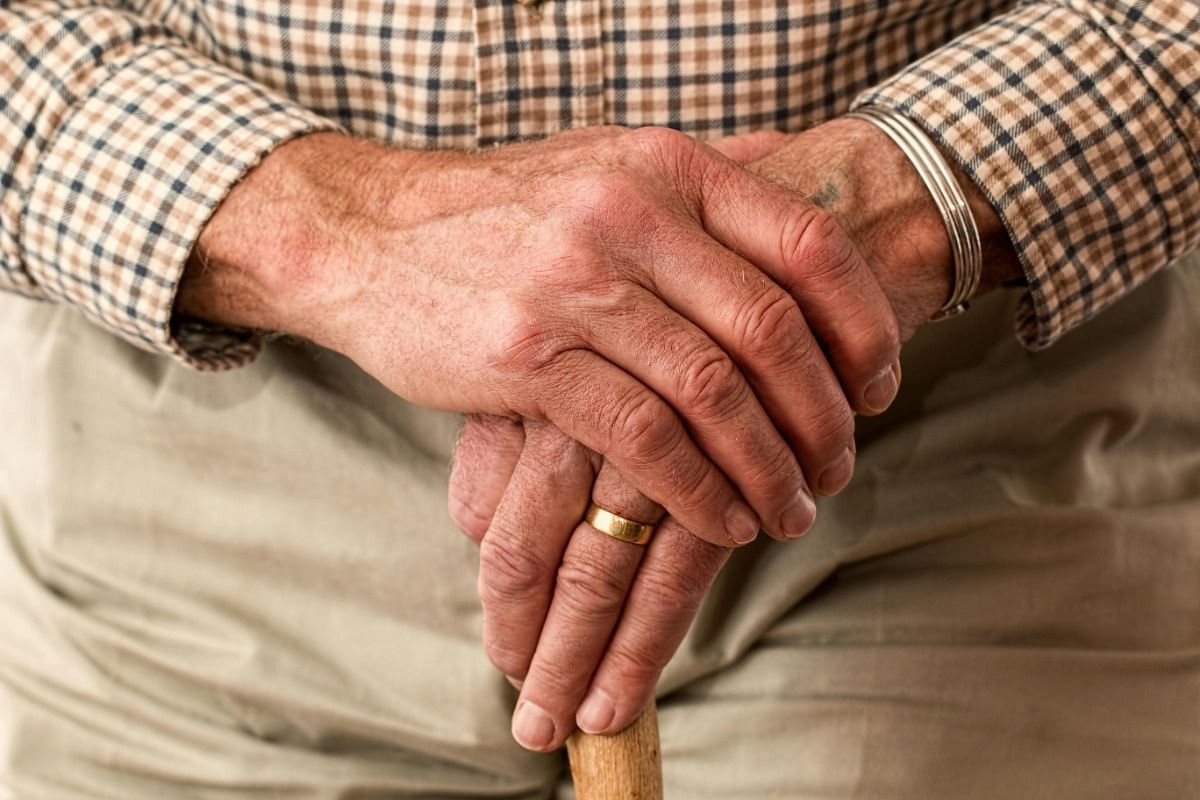
Hospice chaplains offer a listening ear and a compassionate presence, helping patients process their emotions and fears about the end of life. They create a safe space for patients to express their feelings, share memories, or discuss unresolved matters.
Families also benefit from the chaplain’s emotional guidance. Loved ones often face feelings of sadness, guilt, or anxiety as they care for a terminally ill relative. Hospice chaplains are there to provide reassurance, coping strategies, and a calming presence.
Whether a patient follows a specific faith tradition, identifies as spiritual, or has no religious affiliation, hospice chaplains offer support that aligns with their personal beliefs. For those who seek it, chaplains can provide prayer, scripture reading, or sacraments. For others, chaplains may facilitate meditation, meaningful conversations, or simply provide companionship.
Their primary goal is to foster a sense of peace and acceptance, regardless of the patient’s background or faith.
At the end of life, many patients wish to reflect on their lives, relationships, and accomplishments. Chaplains guide these conversations, helping individuals find closure, gratitude, and meaning in their journey.
For some, this may include creating a legacy project, such as writing letters to loved ones, recording life stories, or preserving family traditions.
Chaplains remain a source of comfort for families even after a loved one has passed. They can provide grief counseling, recommend bereavement resources, or simply offer a compassionate presence during this time of loss.
Requirements to Become a Hospice Chaplain
Education: A bachelor’s degree in theology, religious studies, or a related field is often required. A master’s degree in divinity (MDiv) or pastoral care is preferred by many organizations.
Clinical Training: Completion of Clinical Pastoral Education (CPE), typically 1–4 units, to gain hands-on experience in spiritual care.
Ordination or Endorsement: Ordination or endorsement by a recognized religious organization is often required.
Certification: Certification from organizations like the Association of Professional Chaplains (APC) or the National Association of Catholic Chaplains (NACC) can enhance qualifications.
Skills and Qualities: Strong interpersonal skills, empathy, active listening, and the ability to support people from diverse faiths and backgrounds.
Experience: Previous experience in pastoral care, counseling, or working with patients in healthcare settings is highly beneficial.
These qualifications ensure hospice chaplains are well-prepared to provide compassionate and professional spiritual care to patients and their families.
The Integral Role of Hospice Chaplains & Why Spiritual Care Matters
Hospice chaplains are an essential part of the interdisciplinary hospice care team. At Anvoi Hospice, our chaplains work closely with doctors, nurses, social workers, and volunteers to ensure patients receive holistic care that addresses every aspect of their well-being.
While doctors focus on pain management and nurses monitor physical health, chaplains provide emotional and spiritual support. This collaborative approach ensures that patients and their families feel supported in every way during the hospice journey.
End-of-life care is about more than physical comfort—it’s about helping patients and families find peace, understanding, and connection. Hospice chaplains provide a space for people to confront and make peace with their emotions, faith, and life’s meaning.
Some key benefits of spiritual care include:
- Reduced Anxiety and Stress: Patients often feel calmer and more at ease when their spiritual needs are met.
- Strengthened Family Bonds: Chaplains facilitate meaningful conversations between patients and their loved ones, creating opportunities for connection and closure.
- Enhanced Coping Skills: Families gain tools to navigate the emotional challenges of caregiving and grief.
- A Sense of Closure: Patients are guided through reflecting on their lives and finding meaning in their journey.
Personalized Care for All Beliefs
Anvoi Hospice recognizes that spiritual care is deeply personal. Our chaplains honor every individual’s preferences, ensuring that care is never prescriptive or intrusive. Whether a patient finds solace in faith, nature, family, or personal reflection, our chaplains adapt their approach to meet those needs.
Supporting Families Through Grief
Grief is a natural part of the hospice experience, and our chaplains are here to support families every step of the way. They provide:
- One-on-One Counseling: Helping family members process their emotions in a private and supportive setting.
- Group Sessions: Facilitating family conversations to address shared concerns and provide mutual comfort.
- Referrals to Resources: Connecting families with additional bereavement services, such as support groups or counseling programs.
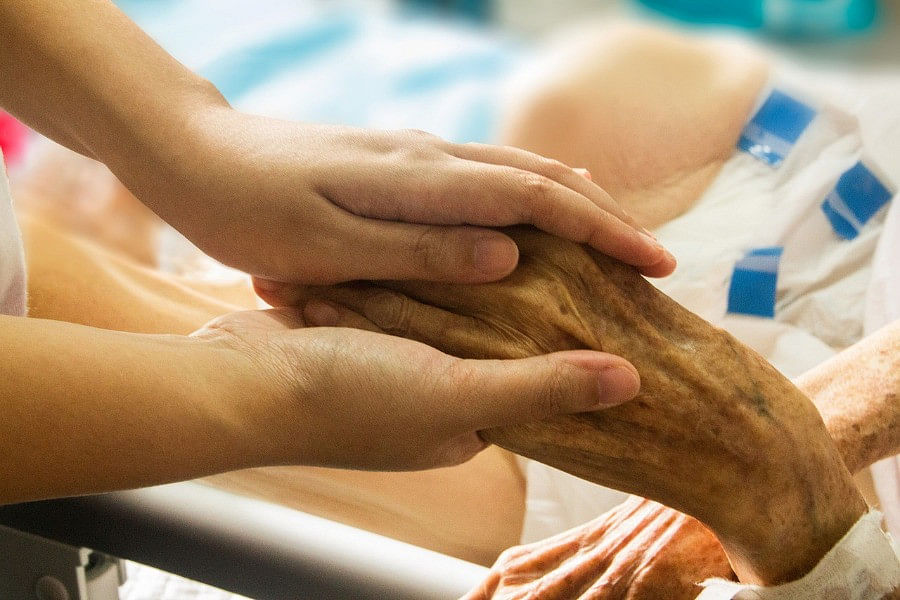
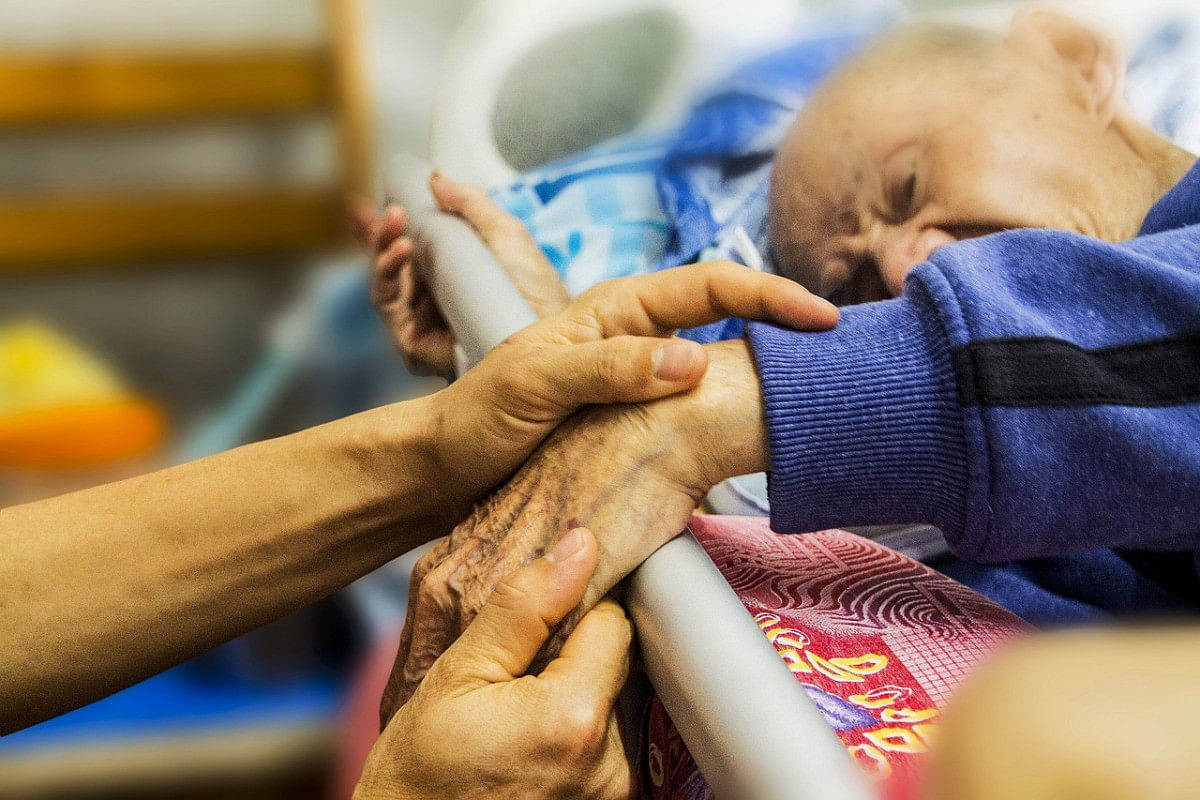
Anvoi Hospice Chaplains Are a Key Part of Holistic Care
At Anvoi Hospice, we are committed to providing comprehensive care that addresses the physical, emotional, and spiritual needs of patients and families. Our hospice chaplains are compassionate professionals who guide individuals through one of life’s most vulnerable stages with dignity and respect. If you would like to learn more about our hospice chaplain services, or if you or a loved one needs support, contact Anvoi Hospice today. Let us help you navigate this journey with care and compassion.
Team Members
Who Will Be on Your Hospice Team?
Your hospice team may include any of the following:
Looking for a career in hospice nursing?

Contact Us
Get In Touch With Us
Please do not include any personal health information in this form!

